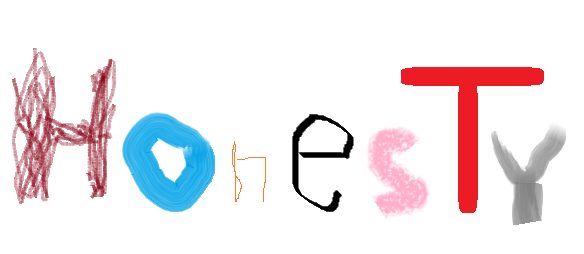YOUR EMERGENCY ROOM OR MINE?
What is a good way for a state to save $33.7 million a year in healthcare costs? I am sure you can think of many possibilities here, but the one I am thinking of is Washington state choosing to establish a network among its hospital emergency rooms. This new network is called the Emergency Department Information Exchange.
This kind of electronic networking is extremely efficient and helpful. By the time a walk-in (or carry-in) has been registered and vital signs taken, that ER has a fax or an email detailing all recent ER admissions, diagnoses, and treatments from any other ER in the state. Medical staff is able to treat patients from a better informed perspective as opposed to seeing that patient as a brand new case, and potentially administering a treatment regimen contradictory to what the last ER executed.
Another benefit is the ability to spot intentional or unintentional ER abusers. These might include people who present from one ER to another to obtain drugs, prescriptions, or simply think of an ER as a local doctor substitute. Some of these patients can be redirected to more appropriate healthcare avenues as Karen Weise explains (“Hospitals Share Data to Stop ER Abusers” Bloomberg Businessweek , 4/7/14–4/13/14, p. 38):
“ Doctors can now direct many of these patients to clinics or other less expensive care centers. Data released on March 20 show ER visits by Medicaid patients fell 10 percent in the 2013 fiscal year, and the rate of ER visits that resulted in a nonacute diagnosis decreased more than 14 percent. ”
Will this solve every ER healthcare problem in the nation? Of course not. Nevertheless, it seems to be a way to work smarter instead of harder. That is why doctors in California, Texas, Ohio, New York, and Florida are already inquiring about how to create a similar ER state program. If there is any place that we need to work smarter rather than harder, it is healthcare. I think this is an idea whose time has definitely come.










